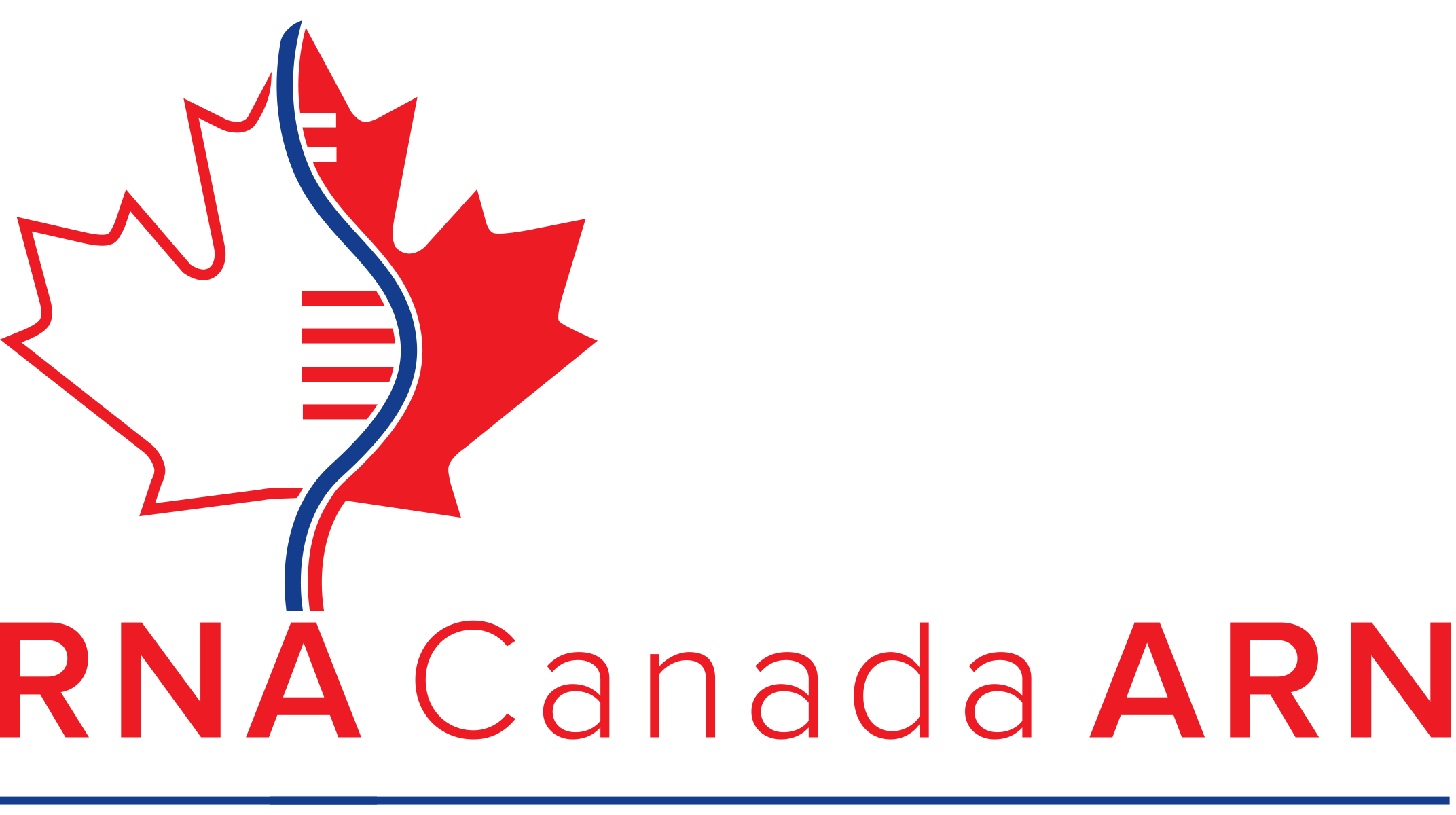David Sabatino, Carleton University, Department of Chemistry and Institute of Biochemistry
Dr. Sabatino completed his PhD work in 2007, in the lab of Prof. Masad Damha, in the Department of Chemistry at McGill University, and his academic career spans the USA and Canada. Overall, Dr. Sabatino’s training in synthetic RNA chemistry has led to the development of new RNA scaffolds for therapeutic applications. Research in the Sabatino lab is focused on RNA chemical biology for anti-cancer applications. They develop synthetic methods, based on solid phase RNA synthesis, bioconjugation and bio-orthogonal chemistry, to improve the structure-function properties of RNA, including the self-assembly of novel supramolecular RNA nanostructures that can be used for the diagnosis and treatment of cancer. In simpler terms, research in the Sabatino lab builds synthetic RNA in various shapes and sizes that can be used in the diagnosis and treatment of human diseases, such as cancer. These studies aim to improve the therapeutic properties of RNA, for clinical cancer treatment applications. One of the lab’s recent contributions in RNA chemical biology describes the use of gold nanoparticles for delivering siRNA within prostate cancer cells as a gene therapy https://pubmed.ncbi.nlm.nih.gov/32096520/.
Dr. Sabatino has held a longtime fondness for RNA. He describes his excitement the first time he made synthetic RNA in the lab (one of his favourite experiments to perform!): when he recovered that tiny, solid, white pellet in a tube, his thoughts turned to what exciting biochemical and biological applications it might hold. In particular, Dr. Sabatino is fascinated by the vast cellular functions of RNA, and the structural and functional properties that can provide important clues about its roles in human health and disease. Using this information, Dr. Sabatino says we can produce novel RNA motifs using synthetic chemistry, with new functional properties, to enhance the application of RNA in understanding human health and preventing disease.
When asked about his advice for members of the RNA Canada ARN community, Dr. Sabatino responded, “Please participate and contribute! The field is rich with opportunities for new RNA researchers. There is a sprawling hub in Canada that will continue to grow with the new generation of RNA enthusiasts.” Related to this new generation of RNA enthusiasts, Dr. Sabatino finds his interaction with students to be “by far and away the most delightful part” of his work, and wanted to share with trainees a reminder that while every scientific career is marked by failures of various scales, ultimately, it is learning from them that leads to success! When Dr. Sabatino is not busy synthesizing RNA or mentoring students, he enjoys all kinds of sports and activities with his two young children. You can find more information about this rising star mentor and his lab at: https://carleton.ca/sabatinolab/.


